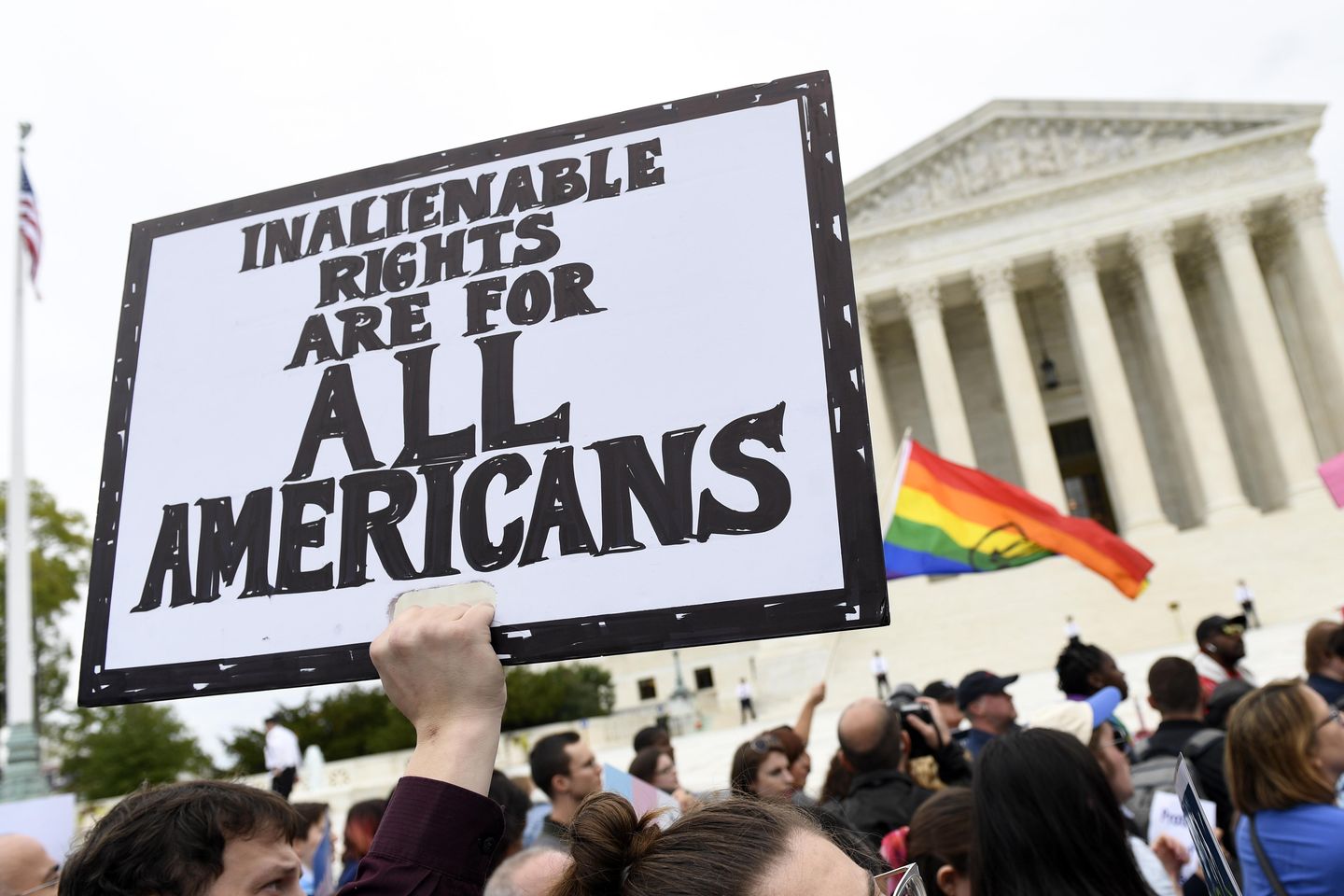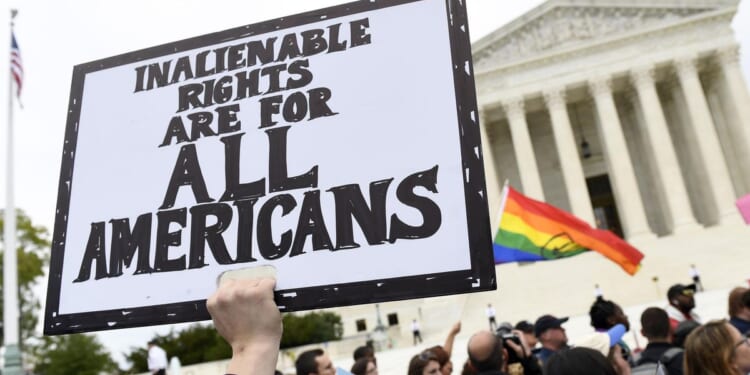
The Supreme Court will have at least three opportunities during conferences this month to decide to hear a challenge to a state ban on medical treatment for transgender youth.
The justices have previously declined to hear such a case more than a half-dozen times.
The pending dispute was presented to the high court in November. Three transgender minors and their parents, as well as a doctor for 16 transgender youth patients, asked the justices to consider their challenge to Tennessee’s ban on medication for transgender minors.
SB1 is one of roughly 21 state laws banning medical treatment for gender dysphoria in minors. Courts have ruled differently on these laws, prompting the transgender minors — represented by the American Civil Liberties Union — to challenge SB1.
“Gender-affirming medical treatment in adolescence can drastically minimize dysphoria later in life and may eliminate the need for surgery. A delay in treatment, on the other hand, can result in significant distress, including anxiety and escalating suicidality, as well as permanent physical changes from puberty that can be impossible to reverse,” they told the justices in their filing.
“A substantial body of evidence, including cross-sectional and longitudinal studies, as well as decades of clinical experience, has shown that these medical interventions greatly improve the mental health of adolescents with gender dysphoria. The evidence supporting this treatment is comparable to evidence supporting other pediatric care.”
Tennessee’s SB1 bans transgender adolescents from receiving medical treatment and prohibits a provider from performing a medical procedure to transition a minor from their sex designated at birth.
It took effect in July 2023, but minor patients using hormones were able to phase out their treatment through March 31, 2024.
The district court had ruled for the transgender youth, halting the state law from taking effect.
But the 6th U.S. Circuit Court of Appeals reasoned that Tennessee has an interest in regulating transgender adolescent health care, prompting the appeal to the high court.
It would take at least four of the justices to vote in favor of hearing the case for oral arguments to be scheduled during the justices’ next term, which begins in October.
The justices are slated to meet for a private conference every Thursday this month to discuss pending cases, including this one out of Tennessee.
Tennessee officials have asked the high court not to take the case, saying states have experienced an increase in risky medical treatment for transgender youth.
“It is undisputed that these hormonal and surgical interventions carry serious and potentially irreversible side effects, including infertility, diminished bone density, sexual dysfunction, cardiovascular disease, and cancer,” Tennessee Attorney General Jonathan Skrmetti, a Republican, wrote in the state’s brief responding to the minors’ appeal.
The case is L.W. by and through her parents and next friends Samantha Williams and Brian Williams v. Jonathan Skrmetti, attorney general.
The state of Alabama has filed a brief siding with Tennessee, saying it has enacted a ban on medical treatment for transgender youth halted by a court.
In the filing, Alabama noted multiple countries have recent publications saying the dangers to medically treating transgender youth have been found to outweigh the benefits.
“States need not build mountains of evidence to justify their refusal to outsource medical regulations to interest groups,” read Alabama’s filing.

